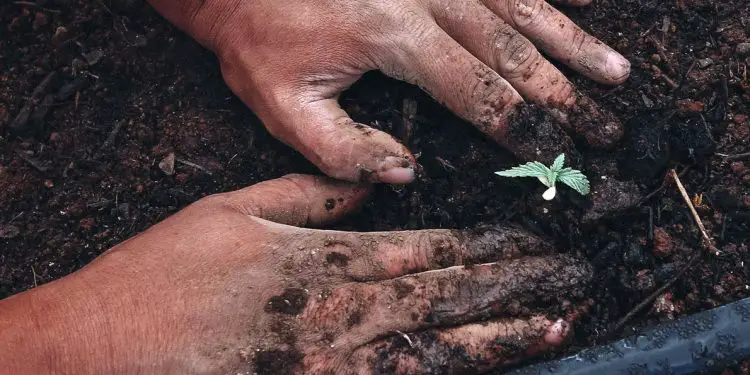The Debate Continues: Should Cannabis Cultivation Be Legalised, and How Could It Influence Yorkshire?

In the rolling hills and bustling cities of Yorkshire, a debate is simmering, one that could redefine the landscape of agriculture and law: the legalisation of cannabis cultivation. As attitudes towards cannabis shift globally, it’s essential to consider the potential impacts on Yorkshire’s economy, legal system, and social fabric.
Current Legal Framework in the UK
Currently, in the UK, including Yorkshire, cannabis is classified as a Class B drug under the Misuse of Drugs Act 1971. This classification makes the cultivation, possession, or distribution of cannabis illegal, with strict penalties for violations. However, the sale and possession of cannabis seeds in the UK operate in a legal grey area.
Companies like Barney’s Farm navigate this complexity by legally selling cannabis seeds, which are permissible to buy, sell, and possess. In a strategic response to the post-Brexit regulatory landscape, Barney’s Farm recently launched a dedicated UK website and distribution centre. This development is a significant milestone for the industry, offering a legal and streamlined way for UK residents, including those in Yorkshire, to access cannabis seeds.
Economic Implications of Legalisation
The legalisation of cannabis cultivation could have significant economic implications for Yorkshire. A legal cannabis market could create new jobs, from farming to retail, and generate substantial tax revenues.
For instance, countries like Canada and certain states in the US have seen a boost in their economies following legalisation. Yorkshire, with its rich agricultural heritage, could potentially become a hub for cannabis cultivation, benefiting local economies and communities.
Social and Health Perspectives
The debate isn’t purely economic; it extends to social and health issues. Proponents of legalisation argue that it could lead to better control and regulation of cannabis quality, reducing the health risks associated with unregulated products. Moreover, legalising cultivation could shift the focus from criminalisation to education and responsible use, potentially reducing the stigma associated with cannabis.
Opponents, however, raise concerns about public health, particularly the impact on young people and the risk of increased usage. They argue that legalisation might send a message that cannabis use is safe or acceptable, possibly leading to broader social issues.
Impact on Agriculture and Land Use
Yorkshire’s agricultural sector could see a transformation with the introduction of cannabis as a legal crop. It would open up new avenues for farmers and landowners, providing an alternative crop choice. However, this also raises questions about land use priorities, environmental impacts, and the potential shift from traditional farming practices.
Looking to the Future
The debate around the legalisation of cannabis cultivation in Yorkshire is multi-dimensional, requiring a balanced and informed approach. As we navigate these complex issues, it’s important to look at established players in the cannabis industry who prioritise both quality and legal compliance.
An excellent example is Barney’s Farm, a company renowned for its high-quality cannabis seeds and adherence to legal standards. Their recent expansion into the US market with Barney’s Farm USA highlights their commitment to operating within legal frameworks while catering to diverse regional needs.
This approach underlines the importance of legality in the evolving landscape of cannabis cultivation, a factor that Yorkshire and other regions considering legalisation must closely examine.










